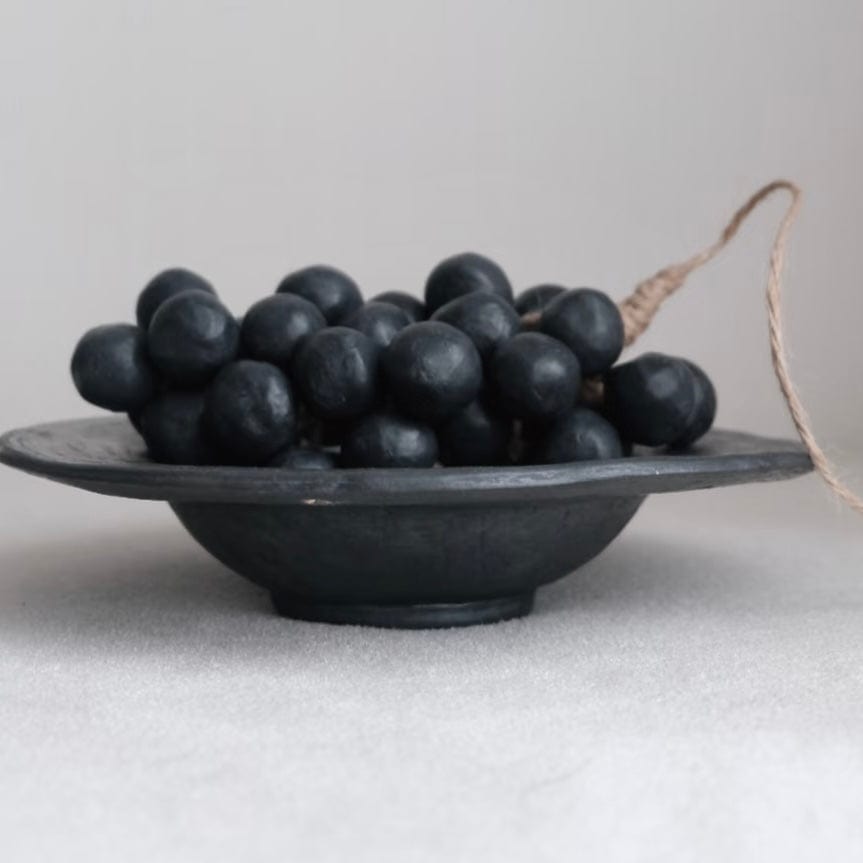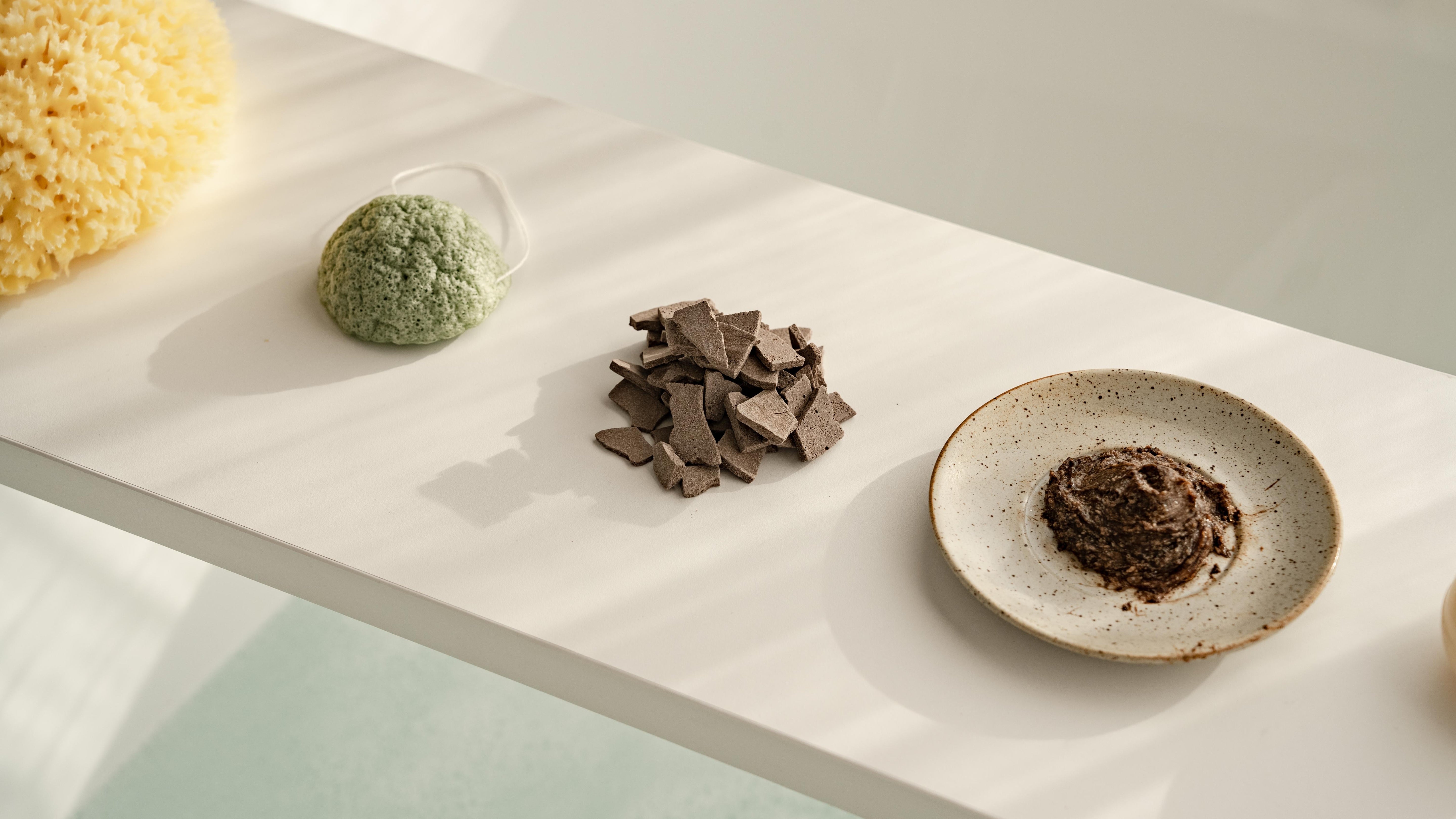When you pick up a bar of grape soap, you may see only its soft lather, rich color, and gentle fragrance. But behind this simple bar lies a story that stretches across thousands of years, from the vineyards of the Mediterranean to today’s conscious, sustainable skincare movement.
This is the journey of how grapes—one of humanity’s oldest cultivated fruits—became a symbol of beauty, vitality, and now, a key ingredient in natural soapmaking.
Grapes: A Fruit of Civilization
Grapes have been part of human history for over 6,000 years. In the ancient civilizations of Mesopotamia, Egypt, Greece, and Rome, vineyards covered the landscapes. To these cultures, grapes represented not only nourishment and wine, but also fertility, abundance, and health.
Ancient Egyptians used grapes and wine in medicine and rituals, while the Greeks believed grapes were gifts from Dionysus, the god of wine and joy. Beyond their role in feasts and ceremonies, grapes were also prized for their healing and beautifying properties.
It is no surprise, then, that early herbalists discovered ways to use grapes not only as food but as remedies for skin, health, and vitality.

Soapmaking in the Middle East and Mediterranean
The history of soap itself is deeply tied to the Middle East. The legendary Aleppo Soap from Syria, made with olive oil and laurel oil, is considered the world’s first natural soap, dating back more than a thousand years. From there, soapmaking traditions spread across the Mediterranean, blending local ingredients with time-honored craft.
Olive oil was the foundation of these soaps, but as trade expanded and knowledge grew, artisans experimented with other oils. One of the most powerful discoveries came from the humble grape seed.
The Discovery of Grape Seed Oil
For centuries, winemakers left behind seeds and skins after pressing grapes for wine. What was once considered waste turned out to be one of nature’s richest sources of antioxidants and essential fatty acids.
Grape seed oil is light, fast-absorbing, and packed with vitamin E, polyphenols, and linoleic acid. These compounds protect the skin against environmental damage, improve elasticity, and soothe irritation. Unlike heavier oils, grape seed oil feels silky rather than greasy, making it ideal for soaps, creams, and serums.
The integration of grape seed oil into natural soapmaking was a modern evolution, inspired by ancient traditions. It allowed soap artisans to combine the ritual purity of traditional handcraft with the scientific knowledge of skincare benefits.

Why Grape Soap Matters Today
Today, grape soap has found its place in natural skincare for three key reasons:
1. Antioxidant Protection
The polyphenols in grapes fight free radicals—the unstable molecules that accelerate skin aging. By using grape soap, you’re giving your skin a natural defense system.
2. Gentle Nourishment
Rich in vitamin E and linoleic acid, grape seed oil helps restore moisture and repair the skin barrier. Its light texture makes it suitable even for sensitive skin.
3. Sustainable Beauty
Grape soap continues the eco-friendly traditions of artisanal soap. By using leftover grape by-products, it reduces waste while creating something beautiful and beneficial.
In short, grape soap is not only kind to your skin—it’s also kind to the planet.
From Ancient Vineyards to Your Daily Ritual
Every bar of grape soap carries a story: of ancient vineyards basking under Mediterranean sun, of artisans crafting with care, of modern seekers returning to nature for solutions.
When you lather with grape soap, you are not just cleansing your skin—you are reconnecting with a history that spans thousands of years. You are choosing a product that honors tradition, values sustainability, and brings nature’s wisdom into your home.
At Planet Fix Project, we believe that skincare should be more than routine. It should be a ritual that grounds you, connects you, and restores balance. Grape soap is our way of carrying forward an ancient gift, reimagined for the modern world.
Conclusion
The origins of grape soap are woven into the story of humanity itself—our vineyards, our rituals, our quest for beauty and wellness. From the first grapes cultivated in the Middle East to the innovation of grape seed oil, and finally to the natural, sustainable soaps we hold today, this journey is one of heritage meeting innovation.
So the next time you hold a bar of grape soap, remember: it’s not just soap. It’s a bridge between the past and the present, the earth and your skin, nature and your daily life.





